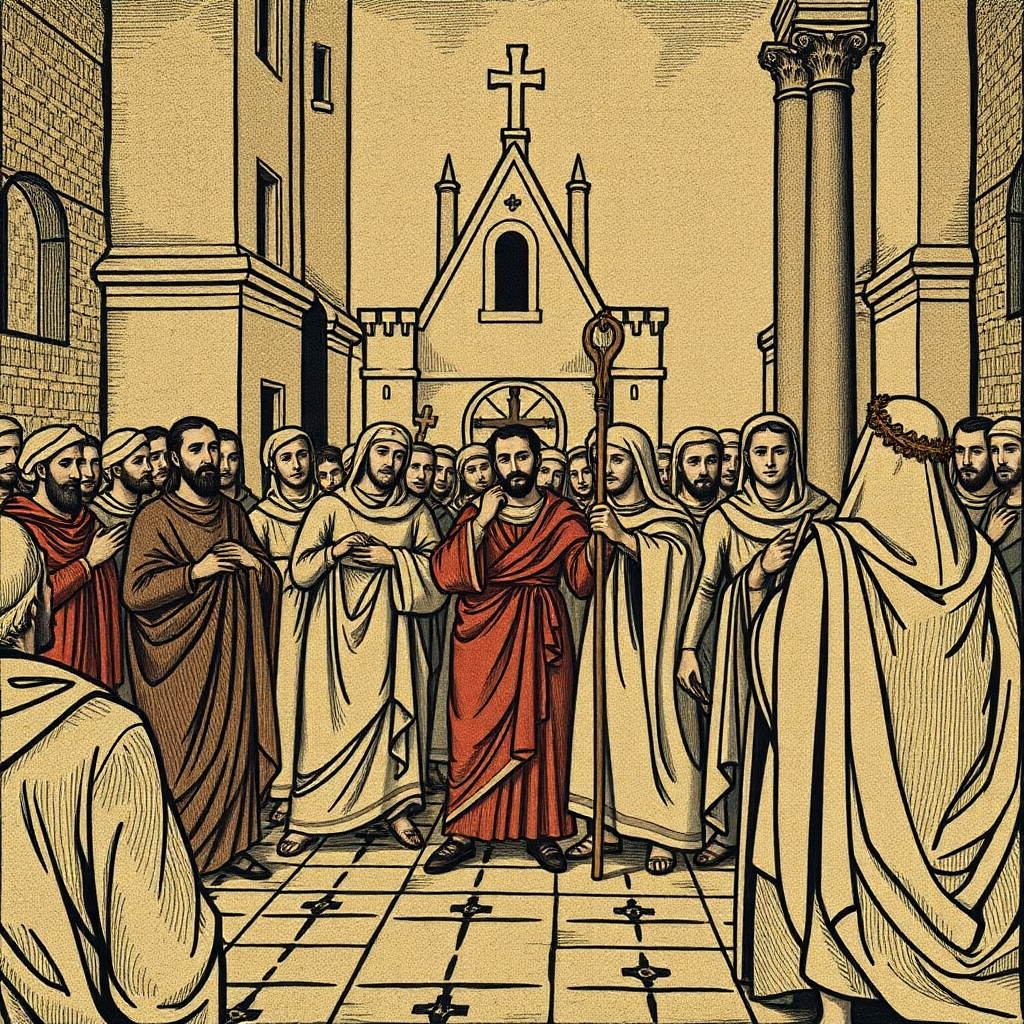What are the causes of the protestant reformation?
The late medieval period saw the rise of nation-states and powerful monarchs who sought to consolidate their power. Many leaders viewed the Catholic Church as a rival authority that impeded their ambitions.
The Protestant Reformation stands as one of the most significant movements in Western religious history, marking a profound shift in the Christian landscape of Europe during the 16th century. This upheaval was not a spontaneous event; rather, it was the result of a complex interplay of various social, political, economic, and religious factors. To fully grasp the significance of the Reformation, it is crucial to explore its underlying causes.
Religious Corruption and Church Practices
At the heart of the Reformation was a widespread discontent with the Roman Catholic Church. Fundamental to this discontent were perceived corruptions within the church itself. By the early 16th century, many believers were deeply troubled by the financial practices of the Church, particularly the selling of indulgences. Indulgences were seen as a means by which the Church offered remission of sin for a price, raising questions about the authenticity of faith and the need for genuine repentance. This commodification of salvation was viewed as not only corrupt but also contrary to the core Christian doctrine.
Moreover, the moral integrity of the clergy was often called into question. Many clergy members were charged with leading extravagant lives that contradicted their religious vows. The prevalence of simony, where church positions were bought and sold, further exacerbated the belief that the Church was more concerned with profit and power than with genuine spiritual leadership. Figures like Martin Luther, who famously challenged these practices, sought to return to a more scriptural and less commercialized interpretation of Christianity.
The Rise of Humanism
The intellectual movement known as humanism also played a pivotal role in the Reformation. Emerging during the Renaissance, humanism emphasized the value of human beings and the importance of individual thought and reason. This shift away from purely religious dogma toward a more personal engagement with texts and learning fostered a climate ripe for questioning established authorities, including the Church.
Humanist scholars sought to return to original sources of Christianity, such as the Bible, in its original languages. This approach laid the groundwork for a more personal interpretation of scripture, empowering individuals to seek their own understanding of faith rather than relying exclusively on the interpretations provided by church leaders. This quest for knowledge and authenticity directly challenged the Church’s authority and fueled the desire for reform.
Political Factors
Political dynamics were also instrumental in the Reformation's emergence. The late medieval period saw the rise of nation-states and powerful monarchs who sought to consolidate their power. Many leaders viewed the Catholic Church as a rival authority that impeded their ambitions. The Holy Roman Empire, for instance, was characterized by a complicated web of political alliances that often placed local rulers at odds with the Pope.
As reformers like Luther gained followers, political leaders began to see the potential of aligning themselves with these reformist ideas to weaken the Church’s influence and bolster their own authority. Many rulers embraced Protestantism to assert their independence from papal control and to seize church lands and assets. This marriage of religious reform and political ambition ultimately played a significant role in the spread of Protestantism across Europe.

Social and Economic Changes
The Reformation also coincided with significant social and economic transformations. The rise of a wealthy merchant class and the development of capitalism created a new socio-economic landscape. Individuals who had achieved success in trade and business increasingly questioned the Church’s commitment to the poor and its accumulation of wealth, which stood in stark contrast to their own experiences.
Furthermore, the increasing literacy rates, fueled by the invention of the printing press, allowed for the rapid dissemination of reformist ideas. Martin Luther’s “Ninety-Five Theses,” for instance, were printed and distributed widely, reaching a broad audience in a way that would have been impossible just decades earlier. This surge in literacy and access to information empowered laypeople to engage with religious texts directly, further promoting the ideals of the Reformation.
Conclusion
In summary, the Protestant Reformation was born from a confluence of religious, intellectual, political, and economic factors. As discontent with the Catholic Church grew, reformers called for a return to true Christianity, backed by a rising emphasis on personal faith, critical thinking, and political opportunity. The Reformation not only transformed the religious landscape of Europe but also paved the way for modernity by challenging the established norms and encouraging individualism. Understanding these causes provides valuable insight into one of the most pivotal moments in history and its enduring impact on Western civilization.